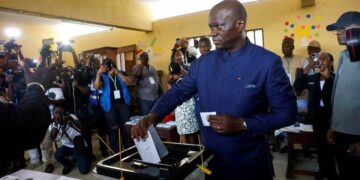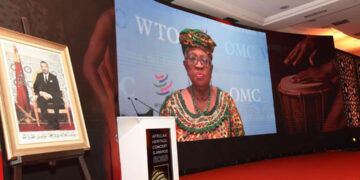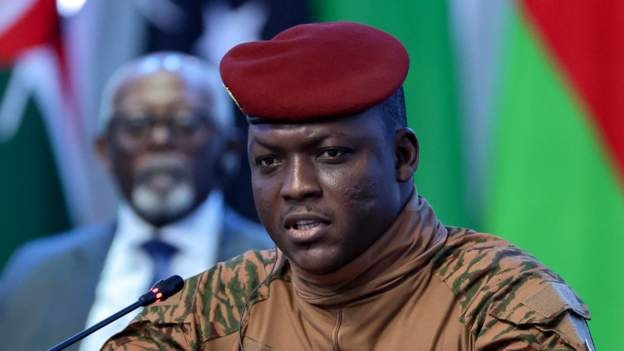By Emmanuel Nduka
In a historic move, Burkina Faso’s Captain Ibrahim Traoré became the first to receive the new AES passport, marking a significant moment in the country’s evolving political landscape.
The development follows the official withdrawal of Burkina Faso, Niger, and Mali from the West African Economic and Monetary Union (ECOWAS), a decision that signals deeper regional changes.
Heritage Times HT reports that the introduction of the AES passport is seen as a pivotal step towards greater unity among the three nations, particularly after their departure from ECOWAS.
Many citizens are optimistic that the passport will help counteract the negative narratives surrounding the region and provide a clearer picture of its potential.
In Ouagadougou, locals are hopeful that the AES passport will serve as a symbol of regional strength and an opportunity for easier travel.
Cheik Diallo, a graphic designer, expressed his belief that the passport could challenge the stereotypes and misinformation about the region. “People often think AES doesn’t work, but traveling with it shows the opposite—we’re conducting business and making progress. I can’t imagine using an ECOWAS passport now,” he said.
The passport is being produced at Ouagadougou’s migration division, marking a key development in the broader AES framework.
As the passport becomes available, it could simplify cross-border travel and strengthen economic ties among the three countries.
However, not everyone is convinced that the changes will be entirely positive. Concerns over high customs fees between the AES countries, particularly with Mali and Niger, remain a lingering issue.
Edem Ahebla, a journalist in Ouagadougou, pointed out that while a common passport could reduce costs, travel fees might still be a challenge. “We hope that this shared passport will lead to lower fees. Otherwise, it’s just a new document—one we can use after the old ones expire”.
Despite these concerns, the introduction of the AES passport is being welcomed as a potential game-changer for regional trade and travel.
With promises of easier movement and fewer barriers, many hope the passport will catalyze economic growth across the three countries.
While ECOWAS remains open to dialogue with Burkina Faso, Mali, and Niger, the three nations’ shift towards greater independence is well underway, and their future relations with the regional bloc remain a matter of ongoing discussion.

































